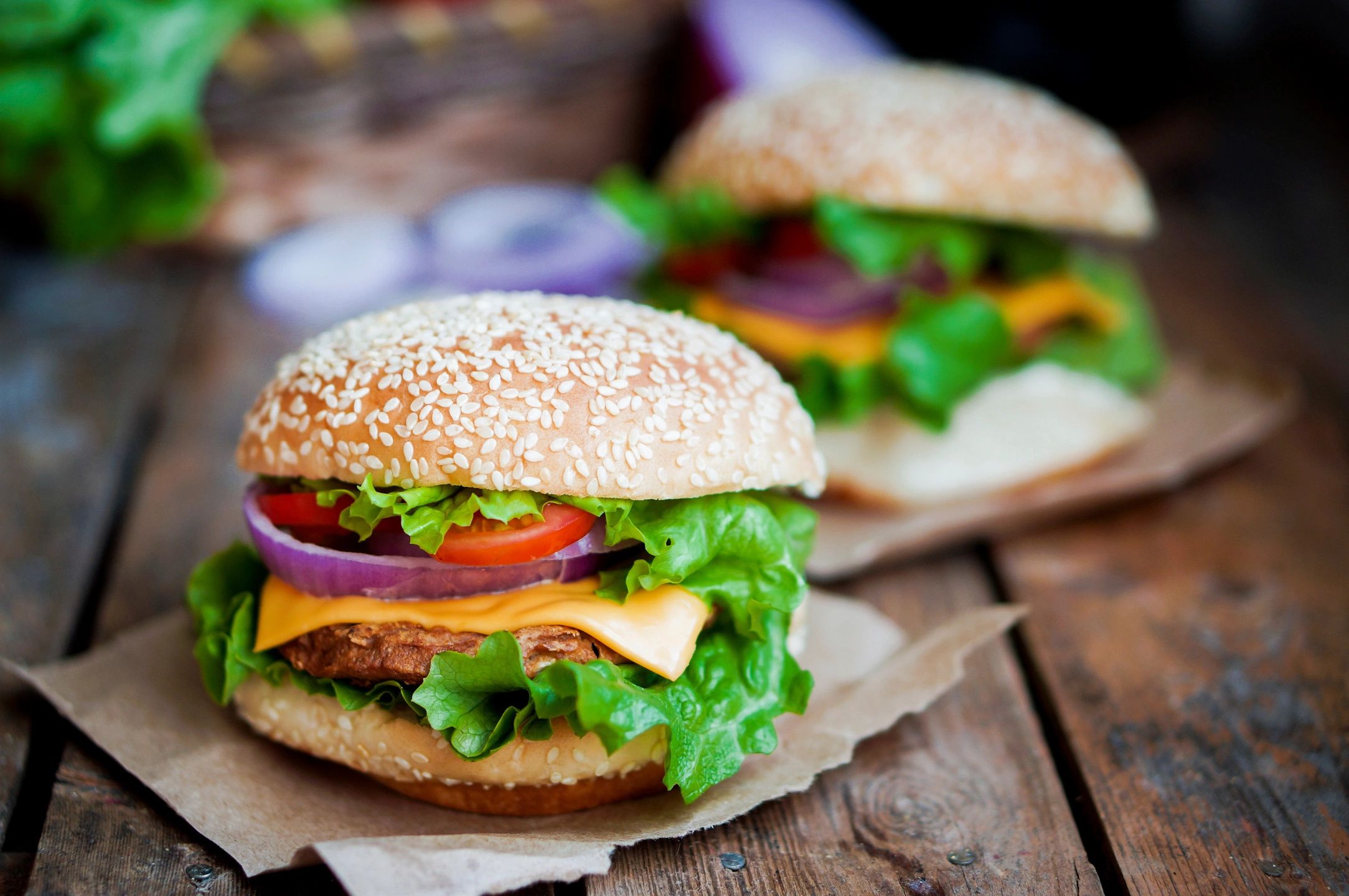Ever noticed that you feel different after eating different foods? In the past the links between food and mood may have been considered pseudoscience as food is just fuel, right? Not anymore. In today’s world we know the quality of that fuel (food) matters.
Over a decade ago Wallin and Rissanen (1994) were discussing the impacts of food and food cravings on psychiatric diagnoses. Today we are studying how the gut microbiota are impacted by diet choices and influence behavior (Jørgensen, 2014). There is lots of research linking how well children do in the classroom to meals eaten throughout the day, how strong our workouts will be to when and how we eat, and shows us how our focus and concentration fluctuate with what additives and ingredients were packaged in that meal you ate. Today, consider how you are eating for your brain.
For many of us we eat a routine set of items. In these items we often find the same things we ate and were exposed to as children. As a result we are fueling similar to our biology and culture. This used to be a good thing, as more research is showing us how ethnicity impacts ability to digest particular food items. However, with such diversity in our food system, easy access to all sorts of new foods, and things like GMOs, additives, colors, and preservatives many of us do not feel as good as we used to when we eat the same foods from our past. We have moved away from those family, cultural, and ethically focused meal plans and begun to source our food miles and miles from our homes.
As you eat this week, notice how you feel before you eat. What is your emotional state? Are you really hungry? Are you just bored? Do you feel sad, happy, angry? How did you feel yesterday? Many times our food choices are based on energy levels from yesterday. Then notice the same about how you feel when you get done eating. Did that meal satisfy you? If not why not? What is the emotion set you are feeling as you finish eating?
Next notice your thoughts. As a personal trainer and former fitness center owner, people around me often say things like: “I know I shouldn’t eat this … but” as they take a huge bite of something. This is not the way to help your mind create an experience of health or your body feel good about what you are eating. If you want that piece of cake, eat it, but be careful how you think about it. If you are saying “I shouldn’t” then have a smaller piece and say “I am so grateful I have the opportunity to sample this sweetness, I am also grateful that I only need a little to feel satisfied”. Then eat the item mindfully and enjoy it fully. As you swallow tell your belly, “We are enjoying the sweetness of life in this moment”. Do the same when you eat salad and fruit and vegetables, and drink water. As you eat, tell yourself how great these items are for your cells, your gut flora, and your brain.
The connection between what we think and what we manifest is well known. You will cultivate what you what you put your attention on. Use the power of your attention to focus on what you want, not what you don’t. As you tell yourself you are making healthy choices and you are caring for your body well, you begin to manifest increased healthy behaviors. Don’t believe me? Begin to think about something you like, focus on it, Just do not think about pink elephants. How many of you saw a pink elephant in your mind?
The subconscious works in pictures. When you give it a subject, like pink elephants, “bad” food, things you hate, it puts resources toward creating the experience of noticing pink elephants (or other items). If it is this easy to see pink elephants in your mind, imagine how easy it will be to see your body working exactly as it should, humming along, doing just what is needed in each moment to fully function. Think about how easy it will be to take a food, tell yourself the food is helping your body, and create a healthy pattern of engagement between food that is good for you, feeding yourself well, and generating positive moods as a result.
As you increase the healthy foods, your mood improves, your sleep gets better, and it’s easier to manage stress in your life. Your body has the nutrients, vitamins, and minerals it needs to make the neurotransmitters you need to feel happy, content, and connected. All of which help you feel regulated and grounded. Want more ideas to help yourself stay on track? Check out an easier post: Eat Well, Feel Well
As you feed yourself today, say something positive and thankful over your food. You will be surprised how that shifts your focus and brings a different experience to your eating … Here’s to happy eating, enjoy!
References
Jørgensen, B.P., Hansen, J. T., Krych, L., Larsen, C., Klein, A.B., Nielsen, D. S., Josefsen, K., Hansen, A. K., Sørensen, D. B. (2014). A possible link between food and mood: Dietary impact on gut microbiota and behavior in BALB/c mice. PLOS ONE, 9(8), e103398 1-15.
Wallin M.S., Rissanen A.M. (1994). Food and mood: relationship between food, serotonin and affective disorders. Acta Psychiatrica Scandinavica, 377, 36-40.



 Twitter
Twitter Facebook
Facebook Linkedin
Linkedin






